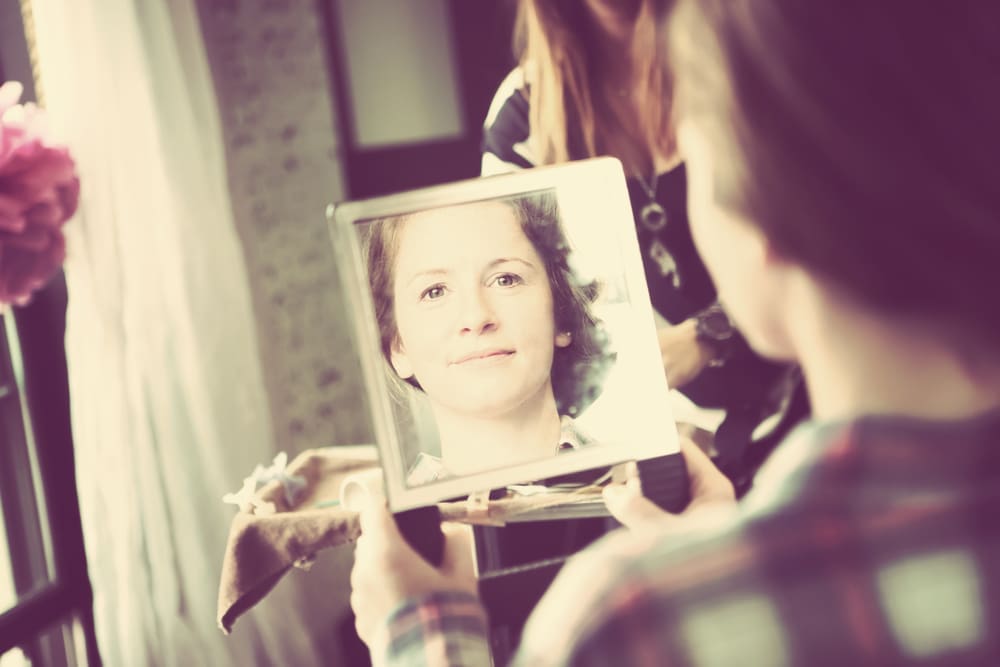Anything that works as hard as the human body, deserves more than a constant critique of how it looks in a pair of skinny jeans.
It’s highly probably that I’m not the only woman in the world with thighs that look like they’ve been in a hailstorm. Clearly cellulite is as keen on me as I am on oxygen – but anything that runs me around without thanks or hesitation (okay – sometimes there’s a bit of hesitation but you know what I mean) deserves appreciation.
It’s also highly probable that I’m not the only woman for whom the mere thought of double-digit sit-ups makes my abs want to throw themselves into oncoming traffic – but anything that plays such a major part in keeping me alive and healthy deserves high praise.
My arms? They hold those I love close and set the minimum distance for those I’m not keen on. Oh, and they carry, lift, write, cook, touch …
Like all bodies, mine works hard and deserves more than constant criticism about how it looks. So how do we do that?
It’s no secret how important a positive body image is, but a recent study has found that the key to a positive body image may lie in the way we respond to the disappointments and struggles that have nothing to do with physical image.
Research has found that self-compassion in any context, not just in relation to the way we see ourselves physically, lifts body image and protects against eating disorders and unhealthy weight management practices.
Accepting disappointments and struggles as a normal part of life and treating the self kindly during times that seem unrelated to body issues and eating, seems to have an effect on body image.
As researcher Professor Allison Kelly explained, ‘Women may experience a more positive body image and better eating habits if they approach disappointments and distress with kindness and recognition that these struggles are a normal part of life.’
Self-compassion – treating oneself with kindness during disappointments and difficulties – has unique benefits and important benefits.
The research found that regardless of weight and body mass index, women who had more self-compassion were more able to acknowledge and accept their imperfect body. They also had a better body image and were less concerned about weight and body shape and had a better relationship with food.
The biggest threat to self-compassion is comparison.
Only 2% of the world’s population are supermodels. The rest of us make our mark in ways other than how we look in a bikini. Thankfully.
Nobody looks the way magazines would have us believe they do. Nobody. Even the women in the photos don’t look like that.
The human body is extraordinary. It’s time to stop trashing it for the way it looks in skinny jeans and start appreciating the phenomenal things we are capable of because of the body we live in, whatever shape that takes.


Nicely written, nicely thought out. I enjoyed it and will post a link to it on my G+ community – Trauma and Dissociation Education and Advocacy. Thanks!
Thank you!